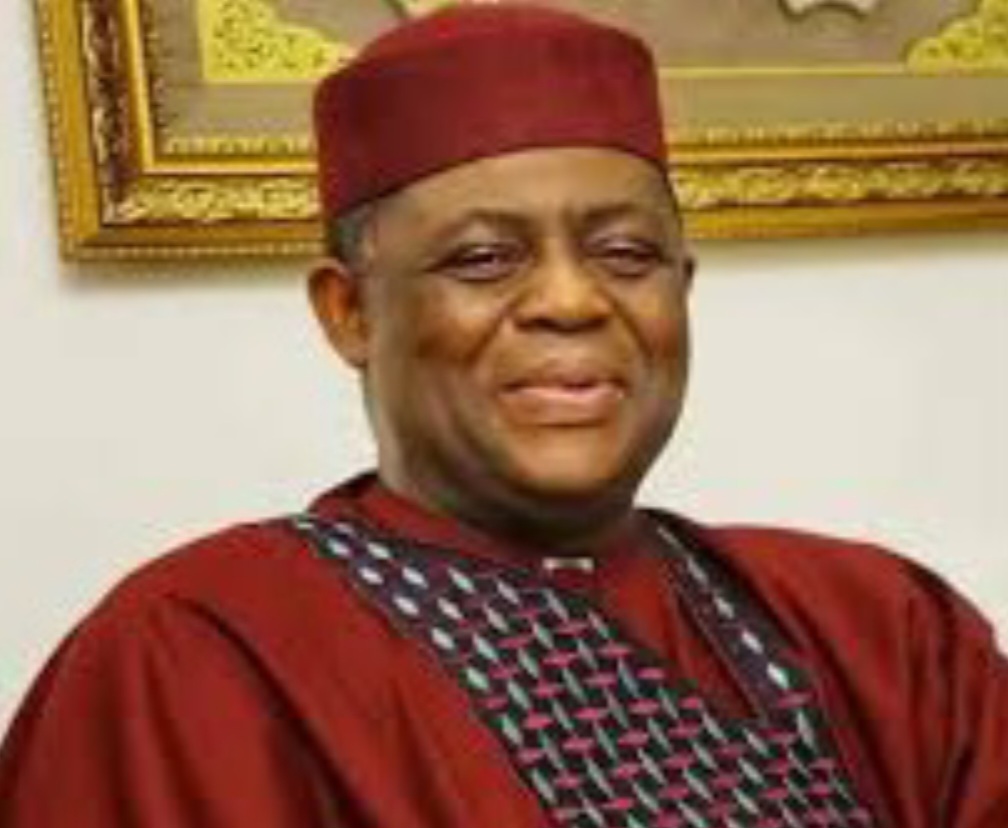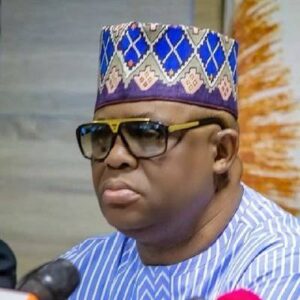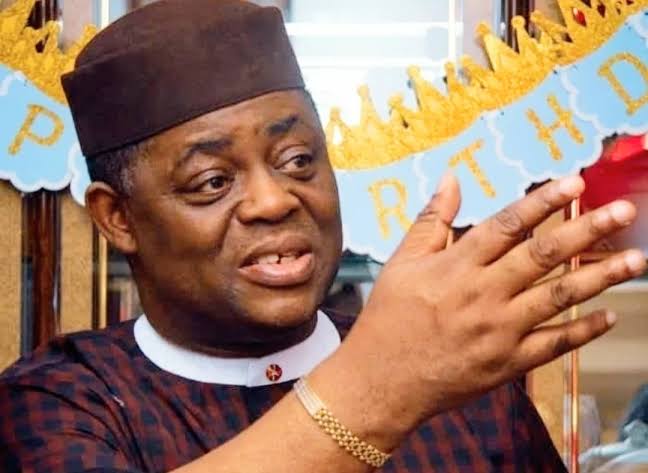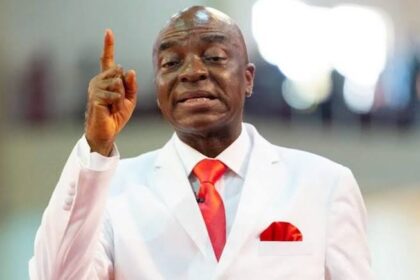● The Betrayal of Loyalty in Nigeria’s Political Chessboard
● Ambition, Sacrifice, and the Price of Political Missteps
Femi Fani-Kayode’s trajectory is a cautionary tale. Once a lion on the battlefield of the 2023 presidential campaign, roaring tirelessly in defence of Bola Ahmed Tinubu’s bid, Fani-Kayode has been unceremoniously cast aside. The tragedy of his political exclusion is not merely a personal defeat but a reflection of a larger, unforgiving system where loyalty is currency, yet betrayal often marks the balance sheet.
Femi Fani-Kayode fought with every ounce of his being to place the crown on Bola Tinubu’s head. Yet, as the king ascended the throne, the erstwhile knight was left wandering the shadows, his armor dented and his reputation bruised. It is a tale as old as politics itself: the faithful servant denied a seat at the master’s table. …CONTINUE READING


Fani-Kayode, a former aviation minister and prominent political figure, once stood as the Director of New Media for the APC Presidential Campaign Council. A man of fiery rhetoric, his sudden allegiance to the All Progressives Congress (APC) was as startling as it was controversial. This was the same FFK who had, in the not-so-distant past, hurled invectives at Tinubu and the APC, branding their policies regressive and their leadership flawed.
Yet, when the tide of political ambition turned, Fani-Kayode abandoned his long-standing disdain for Tinubu, trading his criticisms for praises. He defended the Muslim-Muslim ticket of Tinubu and Shettima—a decision that alienated even his Christian base. Fani-Kayode’s metamorphosis, however, was not without a price. His public endorsement, though fervent, carried the stench of opportunism.
Like a candle burning at both ends, Fani-Kayode’s efforts during the campaign illuminated Tinubu’s path to Aso Rock but left him burned and spent. His loyalty, no matter how recent or impassioned, was insufficient to erase the scars of his previous vitriol against the APC. Tinubu’s inner circle, wary of his flip-flopping allegiance, seemingly decided that his past criticisms outweighed his present sacrifices.
As ministerial appointments were unveiled, Fani-Kayode’s name was conspicuously absent. Even lesser-known actors within the campaign found themselves rewarded with plum positions, while the man who once declared he fought for Tinubu “with every fibre of [his] being” was left with nothing but political obscurity.
The exclusion of Fani-Kayode from Tinubu’s cabinet sent shockwaves through Nigeria’s political landscape. For a man of his stature—a former minister, a scion of a political dynasty, and a long-standing player in the nation’s power games—this omission was more than a snub; it was a calculated dismissal.
Critics argue that his fiery rhetoric and history of betrayal made him a liability, a mosquito whose bite Tinubu could not forget. After all, Fani-Kayode’s sudden defection from the PDP to the APC was seen not as an act of ideological realignment but as a desperate gamble for relevance.
Fani-Kayode’s exclusion raises posers about his future in Nigerian politics. Once a vocal advocate of Christian inclusivity and a vehement opponent of Tinubu’s policies, his pivot to the APC has left him estranged from his old allies and distrusted by his new ones.
His critics have not been kind. Many have accused him of lacking principles, of speaking from both sides of his mouth, and of prioritizing personal gain over party or patriotism. Even his most ardent supporters have struggled to reconcile his lofty rhetoric with his political somersaults.
Predictably, Fani-Kayode’s political downfall has been met with a slew of reactions. While opposition figures have gleefully mocked his plight, even within the APC, whispers abound of his opportunism and lack of trustworthiness.
Supporters, however, see his exclusion as an injustice. They argue that, regardless of his past, his contributions to Tinubu’s victory were substantial and deserved recognition. Yet their voices are drowned by the louder narrative of a man who, by overreaching, sealed his own fate.
Fani-Kayode’s saga is emblematic of the high-stakes world of Nigerian politics, where trust is fragile and loyalty is often a transactional affair. His exclusion from Tinubu’s cabinet not only deprives him of a political platform but also diminishes his influence within the APC. Without a clear path forward, his future prospects appear dim.
Yet, history has shown that Fani-Kayode is nothing if not resilient. Having weathered storms before—personal, political, and legal—he may well chart a path to redemption. But to do so, he must first confront the consequences of his actions and rebuild his political capital from the ground up.
Fani-Kayode’s silence in the face of his exclusion speaks volumes. While he congratulated those appointed to Tinubu’s cabinet, his conspicuous absence from the corridors of power is a stark reminder of the fragility of political alliances.
To remain relevant, Fani-Kayode must navigate the treacherous waters of Nigerian politics with caution. He will need to rebuild trust, form strategic alliances, and perhaps even rediscover the ideological convictions that once defined him.
Femi Fani-Kayode’s story is that of a man whose ambition led him to burn bridges, only to find himself stranded. Yet, within this tale lies a warning: in a political landscape as ruthless as Nigeria’s, loyalty may be a currency, but integrity remains the true measure of a man.
For Fani-Kayode, the question remains: can he rise again, or will he be remembered as the campaign gladiator who got used and dumped?



